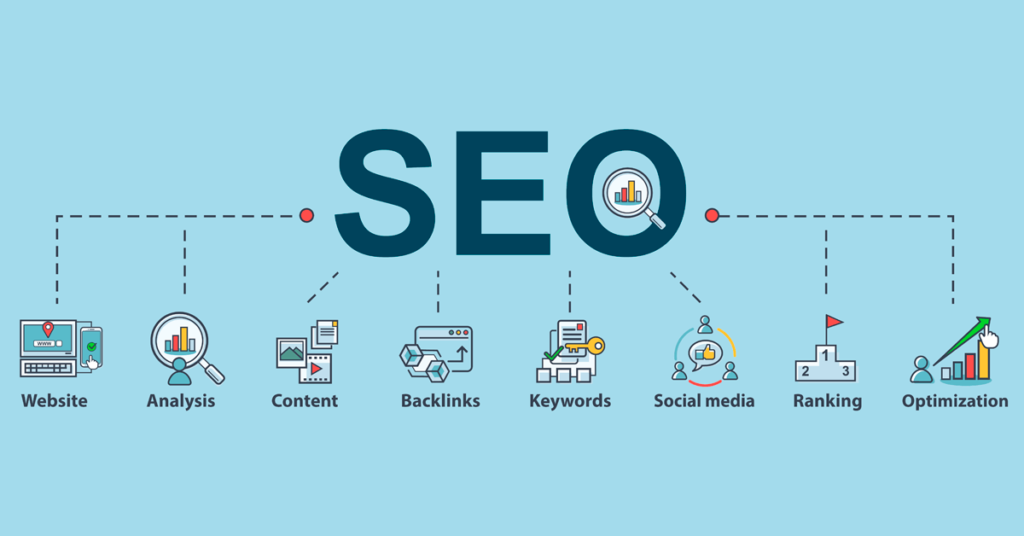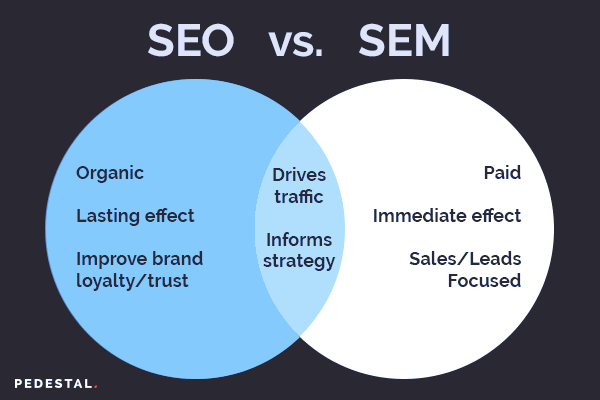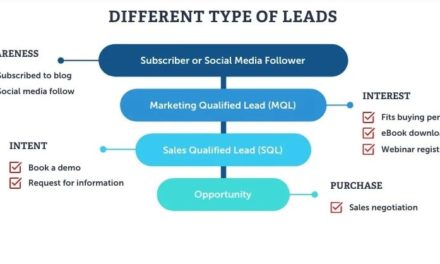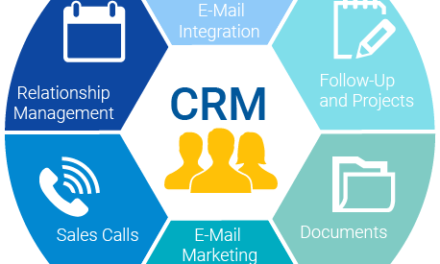When it comes to website traffic, there are two commonly used words, namely SEO and SEM. So, as much as they both play a significant role when growing businesses using online channels, the two aren’t the same. As a matter of fact, you need to know the difference between them to use them in ways that benefit your business. Luckily, that’s what this piece is all about. It highlights the following.
- What’s SEO?
- What’s SEM?
- Difference between SEO and SEM
So, by the end of the article, you will be in a position to define and distinguish the two. Let’s dive in.
What’s SEO?
SEO stands for Search Engine Optimization. As the name suggests, it involves optimizing a website to attain free traffic from various search engines, including Google, Yahoo, and Bing. Any traffic associated with SEO is said to be organic.
Besides improving the amount of traffic, SEO also ensures that its quality is high. What good would it do if millions of people visit your websites, but only a few of them are actually interested in what you have to offer? SEO ensures that you don’t suffer such a fate. It will ensure that the people who visit your site are not only in large numbers but also searching for something related to what you have to offer.
You can apply SEO in different ways to achieve a balance between the two, quality and quantity. For instance, one can opt for on-page SEO, which focuses on individual web pages of your website. In this case, SEO is realized through high-quality content and keyword research.
Alternatively, you can focus on improving your site’s authority. It determines how worthy the search engines find your site when recommending sites to people searching for services or products that you offer. If that’s the approach you prefer, consider a link-building strategy.
Last but not least, we have technical SEO, and as its name suggests, it focuses on the code of your website. Instead of focusing on the content, technical SEO optimizes mobile friendliness, site speed, crawlability, and structured data. Others include website security, canonical URLs, and XML sitemaps.

What’s SEM?
First of all, don’t use SEM (Search Engine Marketing) and PPC (Pay per Click) interchangeably. That’s because terming SEM as PPC fails to describe the former fully. After all, besides PPC, SEM also integrates SEO. However, instead of relying on free traffic, it also uses advertising techniques, including Google ads.
As far as SEM is concerned, website owners or their preferred experts set up and optimize paid ads to boost website traffic and engagement. Consequently, conversions increase, and businesses realize high returns on investment. One of the main elements of SEM is keyword research which plays a huge role when dealing with targeted ad campaigns.
Some of the campaigns associated with Google Ads include YouTube Ads, Shopping Ads, Gmail Ads, Display Ads, and Search Ads.

The Difference between SEO and SEM
Now that we have defined these terms, let’s discuss the difference between SEO and SEM. They differ in various aspects, including the following.
Ads
SEM uses ads as the main component for successful marketing campaigns. It explains why it is easy to identify SEM search results since they have ad extensions. On the other hand, ads are not part of SEO. So, instead of its search results having ad extensions, they have a featured snippet.
Long-term vs. Short-term
SEM is appropriate for any business owner looking for immediate results. That can’t be said about SEO, but you can rest assured that its value to that site will keep improving over time. That’s all thanks to the fact that it stays effective for a relatively long time.
Testings
If you have to test your website, consider SEM. It becomes a difference between SEO and SEM since the former isn’t suitable for testing your website.
Competition
SEO requires organic content to work, and that makes it less competitive. That’s because people hardly get it right about what search engines rule organic. On the other hand, SEM is about targeted keywords, and they are way too obvious. For that reason, SEM becomes highly competitive since most people know what’s expected of them.
Click-Through Rate
It is commonly referred to as CTR. When you use SEM, people often assume that your company isn’t good enough, and that’s why you had to pay to get the top slot. Therefore, unless they miss what they are looking for in the organic search results, there are low chances of clicking the paid search results. Do you see why SEO CTR is higher than that SEM?
Impact
Since SEO is long-term, its impact takes time, but SEM is immediate due to its short-term nature.
Payment
If a website user clicks on an organic search result, the web owner won’t pay a dime. However, every click on the SEM search result will cost the site owner something. It depends on the price per click, and the more the clicks, the higher the price.
Usage
If you want to boost your site’s visibility, go for SEO. Improving the sales of small businesses may stand a better chance by using SEM, though.
Ease of Learning
It is important to note that neither learning SEO nor SEM is a walk in the park. Nevertheless, expect to take more time to become a PPC expert than an SEO expert. That’s because you get to learn fewer rules mastering the former than the latter.
Final Words: Difference between SEO and SEM
When it comes to the difference between SEO and SEM, one has more than one characteristic to consider. The main one is SEO being organic, whereas web owners have to pay for SEM. Others include usage, impact & results durations, and the display on search engine results pages. We hope that with the above discussion, you are now wiser. However, since it can easily become challenging when dealing with the pair, you can always consult a great marketing agent to guide you.











Recent Comments